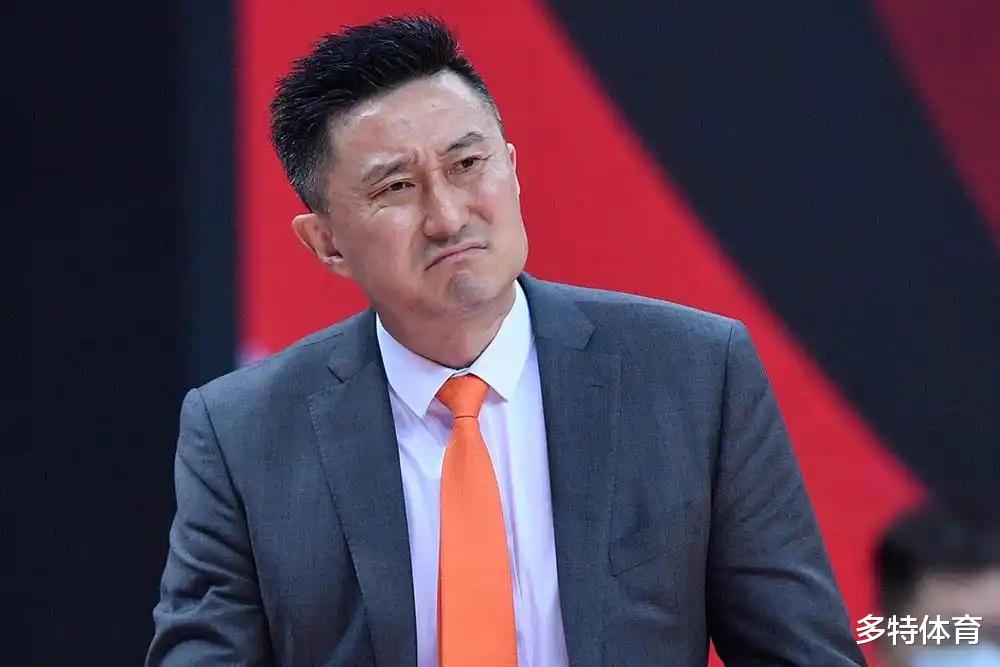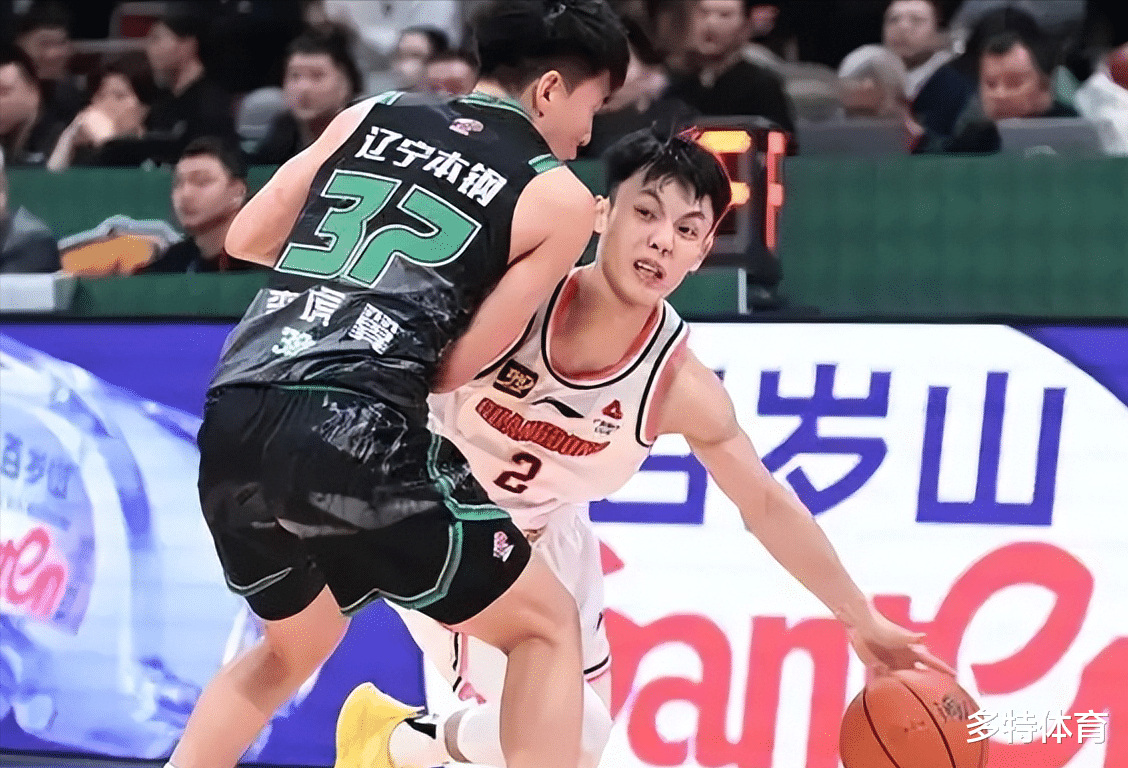This season, after the implementation of the new foreign aid policy of four quarters and seven rotations in the CBA, the league landscape has changed dramatically. Zhejiang Guangsha, with its strong local lineup and super small foreign aid, has taken a commanding lead and stands alone in the first echelon of championship contenders. Shanxi, Shandong, Liaoning, Qingdao, Zhejiang, Xinjiang, and other teams are also in contention, with minimal differences in victories, making it possible for any team to fall behind or seize the initiative. The fundamental reason for this parity is that all these teams have good foreign players, but their domestic lineups, whether inside or outside, have flaws, making it difficult to distinguish between them. As a superpower in the CBA, Guangdong Hongyuan has also joined this melee, currently only one victory away from third-placed Shandong.

This season, Guangdong Hongyuan lost Zhou Qi, Hu Mingxuan was out for a long time due to injury, and the management failed to find a suitable small foreign aid in time. These three factors led to Guangdong falling out of the top ten in the second stage, unable to even secure a playoff spot, let alone compete for the championship. However, under Xu Jie's efforts and the gradual integration of three foreign players into the team, forming a considerable combat capability, Guangdong Hongyuan's recent performance has been improving. After defeating Fujian Men's Basketball Team, they achieved an eight-game winning streak, pushing Beijing down and returning to the top eight in the league. During the eight-game winning streak, Guangdong's defensive efficiency ranked fourth in the league, blocks ranked first, and shooting percentage ranked second. With solid defense and an offensive foundation, Guangdong has absolute control over weaker teams and can compete with stronger ones. The CBA champion has risen again, but does this Guangdong team have the strength to win the championship?

Guangdong's advantage lies in a relatively balanced offense and defense. The offensive end has strong inside combination capabilities, accurate three-point shooting, and certain dominance inside thanks to the two big foreign players. Defensively, Bazley, Morland, and Xu Xin, whose defensive efficiency ranks among the top ten in the league, can defend against traditional big men and are not at a disadvantage against more flexible small foreign players, providing ample defensive flexibility. Unfortunately, all these advantages of Guangdong are difficult to demonstrate when playing at a high level because Guangdong always lacks a small foreign player who can make a decisive impact and does not have a reliable local big man in the fourth quarter. Teams like Guangsha, Shanxi, and Liaoning have common features: they all have super foreign players who can "carry the team" and can also field excellent local big men in the final quarter. Guangdong is different; they either field Morland, who can defend and protect the rim but has almost no independent offense, or Jilunwalt, who scores well but is poor at protecting the rim. Du Feng always has to choose between two cups of poison.

This season, Guangdong's record against strong teams has been poor. They were defeated by Guangsha, suffered losses against Shanxi, and even lost to Liaoning without Zhao Jiwei and Zhang Zhenlin, proving that with Guangdong's current strength, they cannot defeat true championship contenders. The championship is indeed beyond the reach of this team without Yi Jianlian, without Zhou Qi, and without even a small foreign player. With the return of Hu Mingxuan and Zhu Fangyu signing a reliable small foreign player, aiming for the top four should be the most realistic goal for Guangdong.
